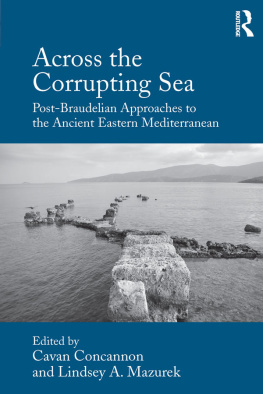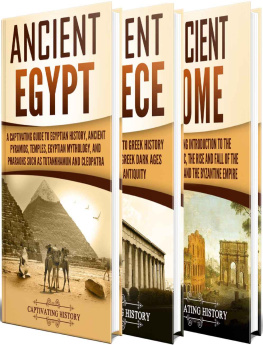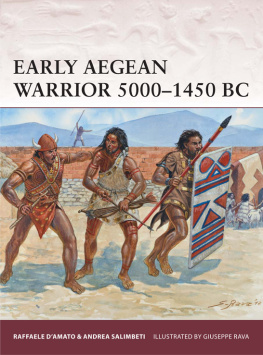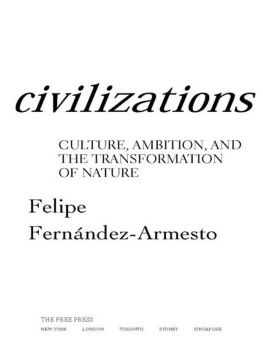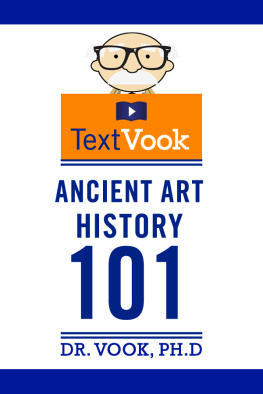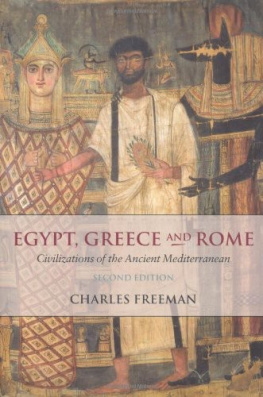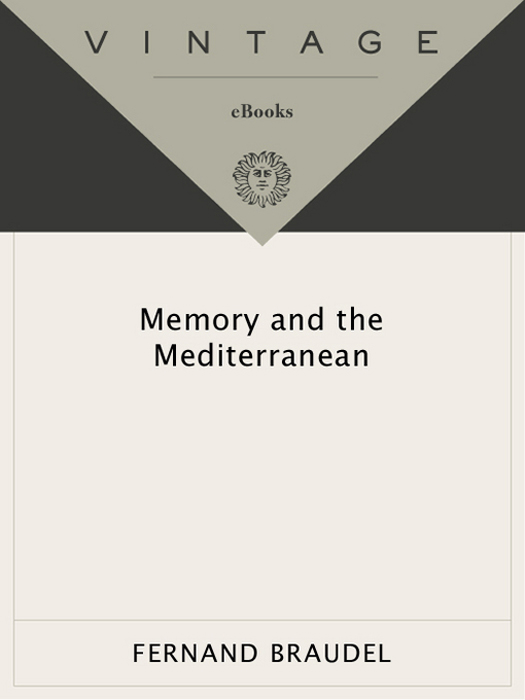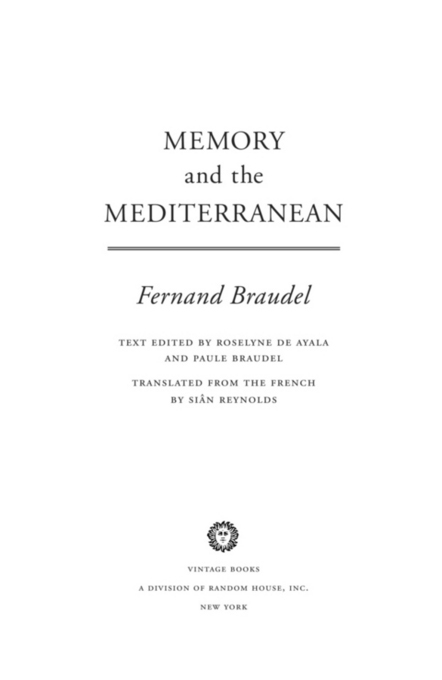International acclaim for Fernand Braudel and
MEMORY AND THE MEDITERRANEAN
Highly ambitious. Braudels handling of this early period is fascinating.
The Spectator
An awesome panorama recited in a most memorable narrative by a true scholar. Prodigious. Compelling. A majestic tapestry.
Anniston Star
Not enough can be said about [Memory and the Mediterranean]. [Braudels] approach to the Mediterranean will fascinate modern students of ancient history.
Library Journal, starred review
Braudels enthusiasm is often catching His greatness shows through.
Daily Telegraph
Memory and the Mediterranean forms a natural overture to [Braudels] most famous magnum opus the perfect prequel. [It] plays to all its authors best qualities: the encyclopedic yet never oppressive knowledge [and] the bold panoramic grasp of vast periods. This, certainly, is one book by Braudel that has the capacity to provoke and stimulate everyone, from the young student to the seasoned general reader.
The New Republic
Highly readable. It is hard to imagine anyone but Braudel taking on such a vast period and maintaining a sense of structure and direction. Nothing like it exists.
Books Direct
Braudels venture into global history ranks among the most impressive demonstrations yet conceived and carried through of how a single author can create an elegant, intelligible portrait of several centuries of the worlds history Braudel, in short, was an authentic heir of Herodotus and deserves his reputation as the most influential historian of his time.
The Journal of Modern History
Fernand Braudel
MEMORY AND THE MEDITERRANEAN
Fernand Braudel was the most celebrated French historian of the postwar era. He taught at the Collge de France and was the leader of the Annales school, serving as a member of the editorial board of Annales and of the cole Pratique des Hautes tudes, as well as chief administrator of the Maisons des Sciences de lHomme. His widely acclaimed works include The Mediterranean and the Mediterranean World in the Age of Philip II, A History of Civilizations, and The Structures of Everyday Life. Braudel died in 1985.
ALSO BY FERNAND BRAUDEL
A History of Civilizations
On History
The Structures of Everyday Life
The Wheels of Commerce
The Mediterranean and the Mediterranean World in the Age of Philip II
Out of Italy: 14501650
FIRST VINTAGE BOOKS EDITION, DECEMBER 2002
Translation copyright 2001 by Sin Reynolds
All rights reserved under International and Pan-American Copyright Conventions. Published in the United States by Vintage Books, a division of Random House, Inc., New York. Originally published in France as Les Mmoires de la Mediterrane: Prhistoire et Antiquit by Editions de Fallois, Paris, in 1998. Copyright 1998 by Editions de Fallois.
This translation first published in Great Britain as The Mediterranean in the Ancient World by Allen Lane The Penguin Press, London, in 2001. Copyright 2001 by the Estate of Fernand Braudel. Subsequently published in hardcover in the United States by Alfred A. Knopf, a division of Random House, Inc., New York, in 2001.
A portion of this work was originally published in Ruminator Review.
Vintage and colophon are registered trademarks of Random House, Inc.
The Library of Congress has cataloged the Knopf edition as follows:
Braudel, Fernand.
Memory and the Mediterranean / Fernand Braudel.
p. cm.
eISBN: 978-0-307-77336-4
2001091011
www.vintagebooks.com
v3.1_r1
CONTENTS
ILLUSTRATIONS
FIGURES
MAPS
INTRODUCTION
Fernand Braudel (19021985) was the greatest historian of the twentieth century. So universal has his influence been on the study of history since the publication of his first major work fifty years ago that it is almost impossible for us to remember what history was like before Braudel. For that reason we often tend to forget how important was this revolution in historical method: it takes a discovery like that presented here, of a lost work by the master on his favourite theme, to remind us of our debt to him.
Braudel liked to think of himself as a typical Frenchman from the provinces. In his memory he belonged to a peasant family from Lorraine, on the borders of France and Germany. Because of poor health he had indeed spent his early years in the village of Lumville-en-Ornois at his paternal grandmothers smallholding, with its chickens, stone walls, and espaliered fruit trees, in a world that (as he described it) was still centred on the blacksmith, the wheelwright, the itinerant woodcutters and an ancient mill. He subsumed the contemporary realities of industrial Lorraine and the ever-present threat from Germany into this idyllic picture, along with the fact that his later childhood and adolescence were spent in Paris and its suburbs, where his father was a teacher of mathematics. On leaving school Braudel did not compete for entry to the elite institution of the cole Normale Suprieure but instead went to the Sorbonne. There he was attracted to economic and social history and the study of ancient Greece, and to the lectures of history professors outside the mainstream, which usually had audiences of only four to seven people. He chose resolutely to identify himself with the margins of French society and to escape from his Parisian bourgeois background to a career in the provinces. In 1923, at the age of twenty-one, he travelled to his first post as a history teacher, at the grammar school of Constantine in Algeria, and here he saw the Mediterranean for the first time.
His true intellectual formation began in Algeria, a world in which a young man could take himself seriously. He turned from studying the past of Lorraine (which he came to think was too full of national problems) to that of Spain, and he began to contemplate a traditional historical thesis on the Mediterranean policy of Philip II between 1559 and 1574; by 1927 he was publishing reviews of books on Spanish history. But he was also fascinated by the new history of Lucien Febvre, based on the science of human geography, as exemplified in a book written in 1913 but not published until 1922, La Terre et lvolution humaine, translated as A Geographical Introduction to History (London, i932). Braudel read the book in i924. As usual his approach was cautious: it was three years before he began to write to Febvre, and their close personal friendship did not begin for another ten years. Meanwhile, in his first reply to Braudel, Febvre had planted a serious doubt about Braudels subject of research:
Philip II and the Mediterranean, a good subject. But why not the Mediterranean and Philip II? A much larger subject. For between these two protagonists, Philip and the middle sea, the division is not equal.
Braudel was a successful schoolteacher and became known as an expert in his chosen area. In i932 he returned to Paris and was nominated to a series of more and more prestigious lyces; in 1933 he married one of his earliest pupils from Algiers. Then he made a decision that was to change his life: in 1935 he accepted the offer of a five-year second ment to the new university being established with French help at Sao Paolo, Brazil. It was a golden chance for him and for others of his generation who had not followed the easy road to break into French academic life; at least one of his contemporaries and friends in that enterprise is now equally famousthe anthropologist Claude Lvi-Strauss.


